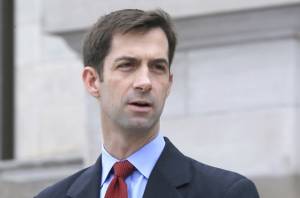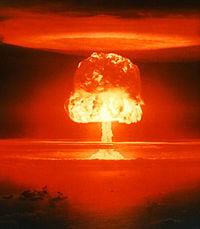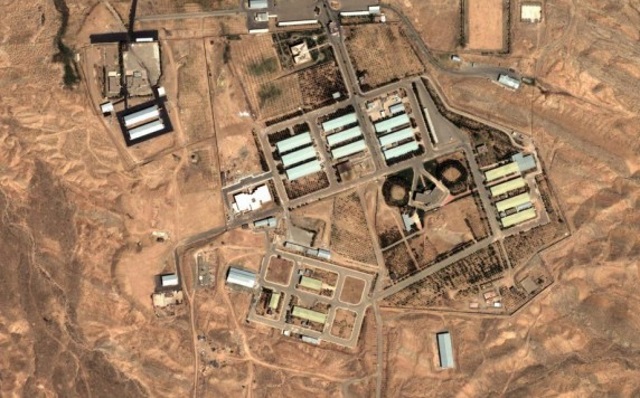
National Security Adviser Susan Rice . (AP/Evan Vucci)
Why are details of the pact between Iran and the UN’s nuclear watchdog, the IAEA, kept secret? Are they hiding anything from Congress, which is slated to vote on the deal?
When Iran signed a nuclear accord with the P5+1 powers, it also signed a separate deal with the UN’s International Atomic Energy Agency (IAEA), which is tasked with inspecting Iran’s nuclear facilities to ensure that it is not involved in illicit military nuclear development.
The details of the agreement between the IAEA and Tehran have so far been concealed, leading members of the US Congress to express concerns and demand exposure.
In a statement issued Monday, Senators Tom Cotton and Mike Pompeo, both Republicans, said that in a recent meeting with IAEA officials, they were told that two side deals “will remain secret and will not be shared with other nations, with Congress or with the public.”
One deal has to do with inspection of Iran’s Parchin military complex, they said, and the other with resolving disputes over “possible military dimensions of Iran’s nuclear program.”
Susan Rice, Obama’s national security adviser, acknowledged that the text of the side deal between the IAEA and Iran over past military activity will not be given to Congress. “These documents are not public,” Rice said, adding that the US was satisfied with the agreement and would brief Congress about its contents. “There is nothing in that regard that we know that they won’t know.”
She did not address the alleged Parchin side deal.
The Iranians claim that they have never worked on developing weapons, yet they turned down IAEA requests to visit sites where the agency suspects such activity had been ongoing, including Parchin, the military complex near Tehran where it is suspected that explosives-testing linked to setting off a nuclear charge was conducted.

Senator Tom Cotton. (AP/Danny Johnston)
“That we are only now discovering that parts of this dangerous agreement are being kept secret begs the question of what other elements may also be secret and entirely free from public scrutiny,” Cotton stated.
Senate Foreign Relations Committee Chairman Bob Corker (R-Tenn.) and ranking member Ben Cardin (D-Md.) wrote a letter to Secretary of State John Kerry requesting that documents related to the IAEA deals be submitted to Congress.
Lawmakers have 60 days to review the agreement signed between the P5+1 powers and the Islamic Republic before voting on whether to approve or reject the Iran deal, and a battle around support for the deal is being waged on Capitol Hill.
By: United with Israel Staff and AP The US Congress must ensure that sanctions against Iran remain in force until the nuclear threat is completely eliminated. I strongly oppose easing sanctions before the nuclear threat from Iran has been eliminated. Allowing Iran to enrich uranium without being subject to 'anytime, anywhere' inspections is extremely dangerous and unacceptable. Iran's nuclear program must be stopped.

Sign the Petition to Stop a Nuclear Iran
